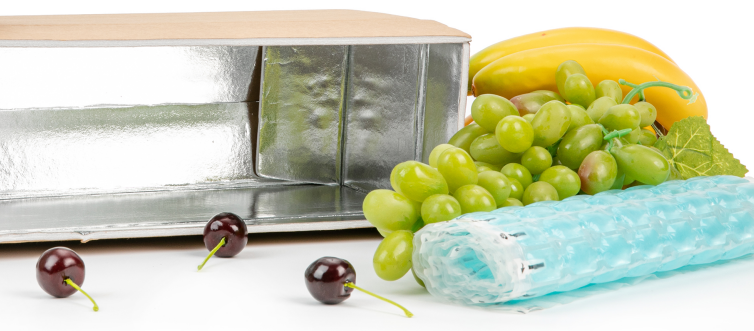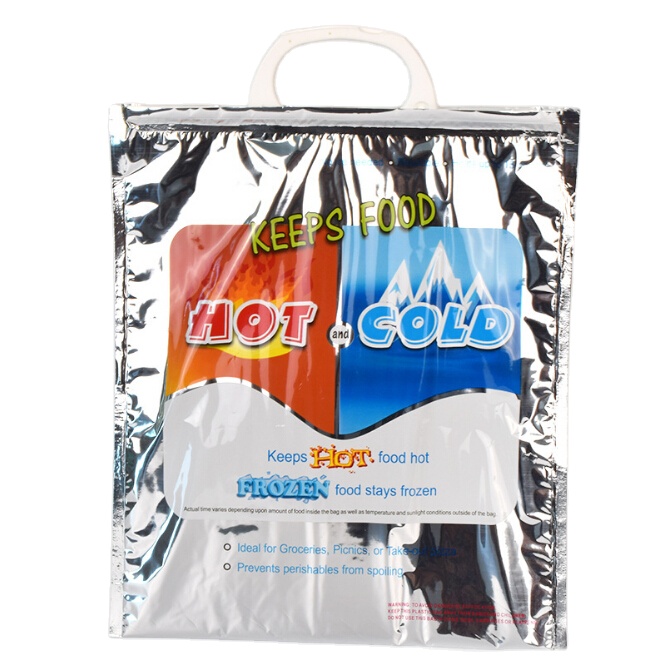Ambient temperature refers to the air temperature in a specific environment or space, typically measured using a thermometer and expressed in degrees Celsius (°C) or Fahrenheit (°F). Understanding ambient temperature is crucial for ensuring the proper storage of various goods, as it helps maintain their quality and safety by preventing deterioration, damage, or failure.
Suitable Ambient Temperatures for Different Items
Different products require specific ambient temperatures for optimal storage. Below is a guide to the suitable ambient temperatures for various categories:
- Food Products:
- Fresh fruits and vegetables: 0°C to 10°C
- Dairy products: 1°C to 4°C
- Meat and poultry: -1°C to 1°C
- Seafood: -1°C to 2°C
- Frozen food: Below -18°C
- Medical Products:
- Vaccines: 2°C to 8°C
- Blood products: 2°C to 6°C (red blood cells), -25°C to -15°C (plasma)
- Biologicals: 2°C to 8°C (general requirement), -20°C to -80°C (special requirements)
- Drugs: 15°C to 25°C (normal temperature drugs), 2°C to 8°C (refrigerated medicinal products)
- Chemical Products:
- Volatile chemicals: 0°C to 4°C
- Stable chemicals: 15°C to 25°C
- Other Items:
Regulating Unsuitable Environmental Temperatures
To maintain the quality and safety of products, it’s essential to regulate the environmental temperature effectively. Here are some measures:
- Active Cold Chain Packaging:
- Refrigerated Boxes: Equipped with built-in refrigeration, powered by electricity or batteries, suitable for long-distance transportation requiring continuous temperature control.
- Refrigerated Vehicles: Large vehicles with refrigeration systems, ideal for bulk and long-distance cold chain transport.
- Passive Cold Chain Packaging:
- Foam Boxes and Hard Incubators: Use thermal insulation and cold sources (e.g., packs de glace, glace carbonique, phase change materials) to maintain internal temperatures, suitable for short and mid-distance transport.
- Phase Change Material (PCM) Solutions:
- PCM Incubators: Utilize the heat absorption and release properties of phase change materials to automatically adjust and stabilize internal temperatures, ideal for products requiring precise temperature control.
- Temperature Monitoring Equipment:
- Install devices to monitor and record temperature changes in real-time, allowing for immediate action if anomalies occur.
- Optimize Transportation and Storage Conditions:
Temperature Regulation Products from Huizhou
Huizhou offers various products designed to regulate and control temperature during cold chain logistics and storage, ensuring that temperature-sensitive items remain in optimal condition:
- Ice Packs: Pre-frozen packs placed in incubators or insulation bags to maintain low temperatures during transport. Types include water-filled, gel, and saline ice packs.
- Ice Boxes: Freezing devices with high cooling capacity for prolonged refrigeration, used for fresh food and pharmaceutical products.
- Water Injection Ice Packs: Cost-effective, easy-to-use ice packs suitable for short-distance transport.
- Tech Ice: Advanced PCM-based refrigerant providing stable cooling over specific temperature ranges, ideal for pharmaceutical transport.
- Aluminum Foil Bags: Lightweight, waterproof, and moisture-proof bags with excellent heat insulation, commonly used for food and drug transport.
- Insulation Bags: Portable bags made from high-efficiency insulation materials, suitable for short-distance transport and everyday use.
- Plastic Insulated Boxes: High-density plastic containers offering effective thermal insulation, used for food, beverages, and pharmaceuticals.
- EPP Insulated Boxes: Environmentally friendly expanded polypropylene (PPE) boxes with excellent insulation and durability.
- VIP Medical Insulated Boxes: Vacuum insulation panel (VIP) boxes providing high-performance insulation, ideal for temperature-sensitive products like vaccines.
- Insulated Paper Boxes: Cost-effective, environmentally friendly cartons suitable for short-term insulation and single-use.
- Foam Boxes: Polystyrene containers offering good insulation and shock resistance, commonly used for food, aquatic products, and pharmaceuticals.
Case Studies
Cherry Transportation
Context: A fruit supplier faced challenges in maintaining the freshness of cherries during long-distance transport, particularly during the temperature fluctuations of spring and autumn.
Customer Requirements:
- Maintain stable temperature to keep cherries fresh.
- Use safe and protective packaging materials.
- Employ eco-friendly materials.
- Ensure transportation within 24 heures.
Solution:
- Selected gel ice packs and organic PCM for stable temperature control.
- Used foam boxes with cushioning materials for protection.
- Chose biodegradable packaging materials.
- Provided real-time temperature monitoring via a mobile app.
Result: The cherries remained fresh and undamaged after 24 hours of transport, satisfying the customer’s requirements.
Pharmaceutical Cold Chain
Context: A pharmaceutical company needed to transport high-value drugs within a 2-8°C range for over 50 hours in a 36°C ambient temperature.
Customer Requirements:
- Strict temperature control.
- Reliable and efficient insulation.
- Safe, non-toxic materials.
- Visual temperature monitoring.
Solution:
- Used saline ice packs and organic PCM for temperature stability.
- Employed VIP incubators with multilayer insulation and high-efficiency coolants.
- Chose safe, eco-friendly packaging materials.
- Installed real-time temperature monitoring equipment.
Result: The solution maintained the required temperature for over 50 heures, fully meeting the customer’s stringent requirements.








.jpg)













